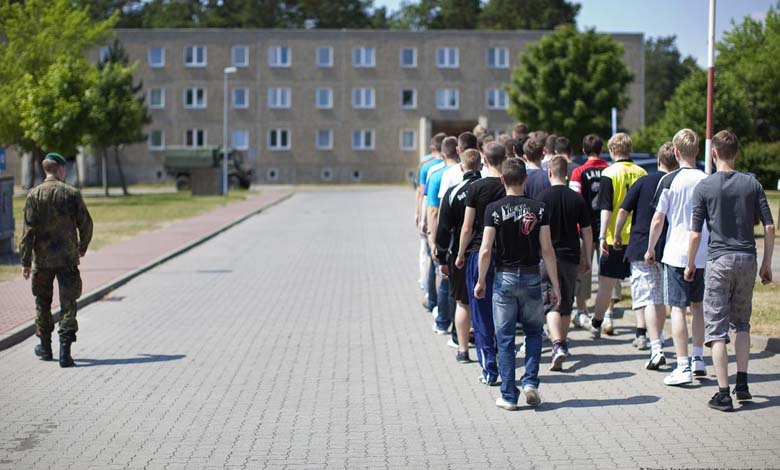Political Islam and the digital sphere in Europe: recruitment, expansion, and a dangerous trend

Movements of political Islam are increasingly exploiting so-called “new media” and the gaming world as unconventional pathways for recruitment and dissemination.
From networks of non-traditional influencers to the transformation of online games into communication and funding platforms, these organizations appear to have found new avenues in Europe that remain beyond state oversight, facilitating their activities of mobilization and indoctrination.
-
New Measure: Political Islam Under Tightened Surveillance in Austria
-
Austria Launches Campaign against Political Islam Groups and Plans to Ban Hijab for Girls Under 14
Social media platforms, with their speed, visual appeal, loud interactivity, and ease of use, provide virtually unlimited reach and accessibility. Unsurprisingly, actors and influencers linked to political Islam have become highly active in these spaces.
In recent years, several platforms have strengthened measures against extremism, partly under government pressure, making growing use of artificial intelligence. Content such as posts, videos, images, and user profiles is monitored for signs of extremist or terrorist material, which is then automatically deleted or flagged for human moderation.
-
German Government: What Does Merz’s Victory Mean for Political Islam Organizations?
-
Banning Political Islam in Austria? A Leading Expert Responds
Yet attempts to circumvent these systems are increasing. Some groups employ emojis, ironic phrasing, or coded language (“dog whistling”) to convey messages to sympathizers without triggering algorithmic detection.
Through such tactics, networks of influencers linked to political Islam operate across European social media, particularly in German-speaking countries, aiming to broaden their reach, entrench themselves in public discourse, and recruit new followers.
-
How did political Islamic movements contribute to the rise of the far right in Europe?
-
Escalade against the Brotherhood: New measures taken by France to combat the currents of political Islam
According to the annual report of Austria’s Documentation Centre for Political Islam, several German-language YouTube channels stand out as especially influential: LoveAllah (28,300 subscribers, 7,495 videos as of April 2025), Muslim Interaktiv (18,700 subscribers, 214 videos), and Im Auftrag des Islam (21,400 subscribers, 834 videos). These channels are also active on Instagram, Facebook, and TikTok.
The ecosystem also includes prominent influencers such as Hana Hacen, a former model and world kickboxing champion who became a radical Islamist and now commands 200,000 followers on social media.
-
The danger of political Islam in Europe… Calls for confrontation and optimism for its demise
-
How did Europe pay for its embrace of political Islam?
A thread of radicalization ties these platforms to real-world extremist dynamics, particularly among minors. The Austrian daily Der Standard reported that the suspect accused of planning an attack on a Taylor Swift concert in Vienna in summer 2024 may have been radicalized via TikTok and similar platforms. In this case, the extremist influencer Abu Barah, active in Berlin, was cited as a possible factor, known for producing short, entertaining videos that particularly resonate with young audiences.
The report further highlights the interconnectedness of the German and Austrian online spheres: influencers with tens of thousands of followers in Germany also attract significant audiences in Austria. Political, social, and historical events—most notably the war in Gaza—are systematically exploited to spread extremist ideologies online.
-
After the heavy attack … Austria introduces crime under the name of political Islam
-
Austrian Chancellor called on the EU to do more to fight political Islam
A new and concerning trend identified by the report is the intersection of Islamism with online gaming. These platforms provide both communication channels and mechanisms for financial transfers, largely eluding state control due to their opacity, the coded language used, and the difficulty of monitoring such activities.
Moreover, the Islamist ecosystem is increasingly financially self-sufficient and, in some cases, has even become a viable business model thanks to the monetization options available on social networks, according to the 178-page report.












